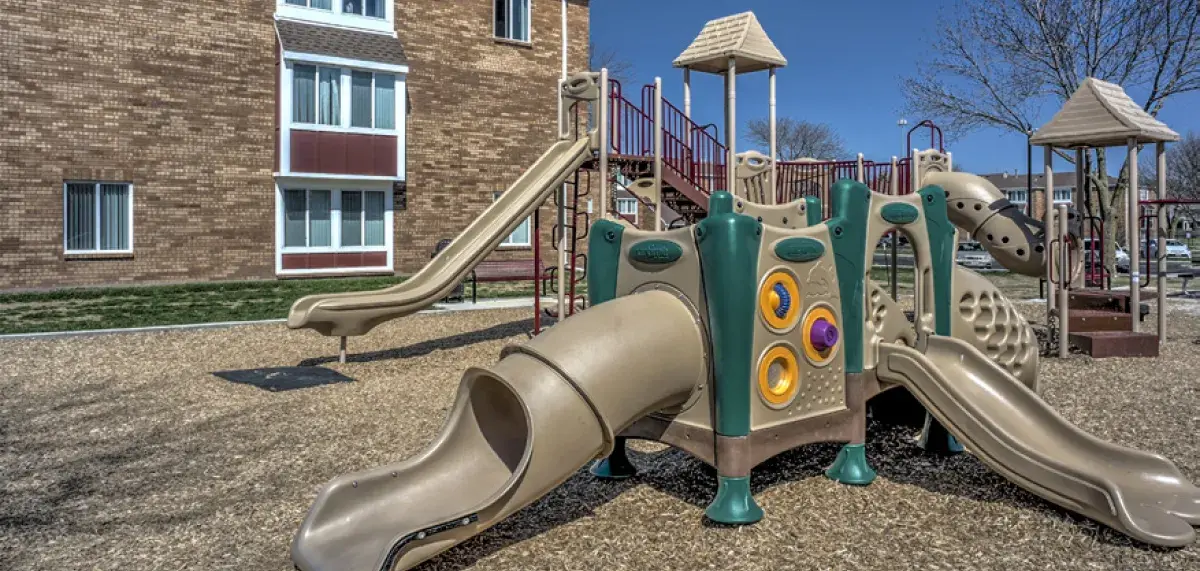Year End Season of Giving
Support affordable housing as we close out 2025.

In early 2023, NHT embarked on the process of reviewing the Qualified Allocation Plans (QAPs) from all 50 state Housing Finance Agencies (HFAs) and three local allocating agencies (Chicago, New York City, and Washington, D.C.) to identify the strategies used to promote housing stability in the Low Income Housing Tax Credit (Housing Credit) program. Each state or local QAP serves as the roadmap for implementation and award of Housing Credits -- the largest source of federal investment in affordable housing the U.S.
NHT examined provisions used in QAPs to maintain housing quality, preserve existing affordable housing, advance energy and water efficiency, and promote tenant protections and resident services. NHT has a history of working with allocating agencies and partners to ensure that the Housing Credit program meets the needs of low-income renters across the country, and this recent analysis examines how the program is evolving to address to current and future needs. Our decades-long engagement in the Housing Credit program allows NHT to leverage our expertise to support partners to adapt to the current needs facing the affordable housing industry.
NHT’s 2023 QAP analysis reveals that allocating agencies are taking seriously the responsibility to provide stable and secure affordable housing by maintaining and preserving properties as affordable, combating climate change, and protecting tenants. While the strategies and approaches vary, there are several top-line findings to share:
NHT is developing topic-specific Infobriefs that provide greater detail on how allocating agencies are integrating policies to preserve affordability, advance electrification, promote digital equity and more.
Learn about our analysis and findings on our website
NHT’s first Infobrief delves into how agencies are preserving affordability through proactive policies to promote greater protections for affordable units and curb threats to their preservation. NHT has remained a steadfast supporter of affordable housing preservation since its founding nearly 40 years ago, and acts as the secretariat for the Preservation Working Group. This Infobrief series is designed to support HFAs and their ability to shape the implementation of the Housing Credit to better serve the needs of affordable housing residents and support quality housing opportunities in communities around the country. NHT’s CEO Priya Jayachandran announced the new QAP analysis results today at the National Council of State Housing Agencies’ Annual Conference & Showcase in Boston, MA.
NHT will continue to track the strategies and policies that HFAs implement to promote, protect and preserve affordable housing for low-income residents around the country.
To learn how we can help your community meet your affordable housing goals and promote stable housing, contact Laura Abernathy or Moha Thakur.